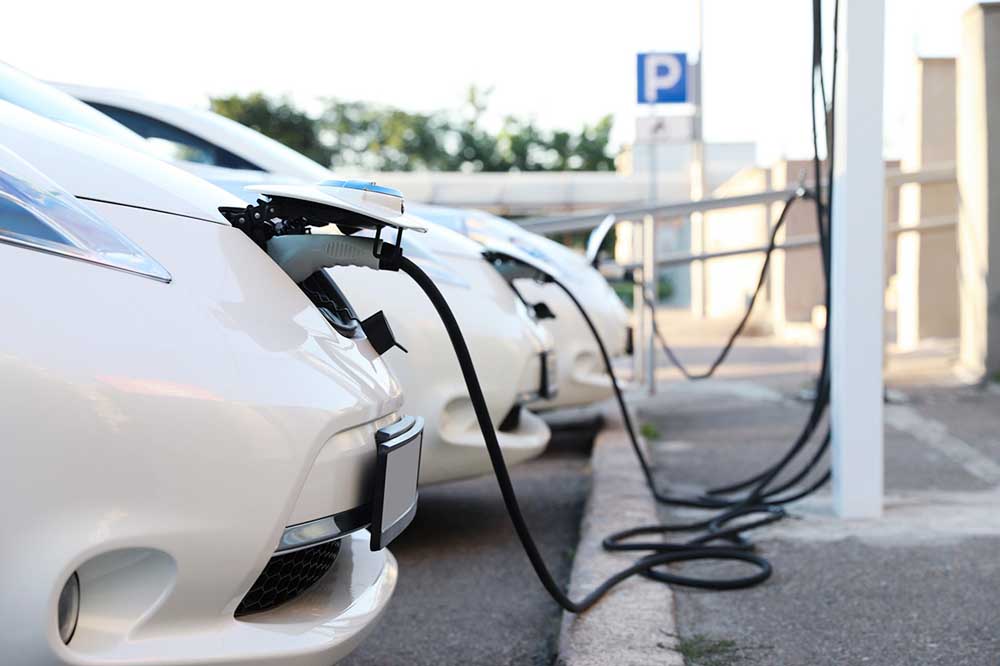Online Auction – Corbett Estate Auction
Corbett Estate Auction Date(s) 4/14/2025 - 4/30/2025 Bidding Opens April 14th at 5pm (pst) Bidding Starts to Close April 30th at 5pm (pst) OFFSITE AUCTION - All items located in […]
Published 8:45 am Tuesday, November 28, 2023

The Environmental Protection Agency seeks to pause lawsuits challenging the California-led phase-out of diesel freight trucks until judges rule whether mandating electric passenger cars and light pickups is lawful.
Five lawsuits opposing an EPA-approved rule that will culminate in California, Washington and other states banning new diesel heavy-duty trucks in 2036 are pending in the U.S. Court of Appeals for the District of Columbia.
The court on back-to-back days in September heard arguments on whether other California and EPA rules are illegally forcing U.S. motorists into zero-emission light-duty vehicles to fight climate change.
The court hasn’t ruled on either Ohio v. EPA, challenging California’s car rule, or Texas v. EPA, challenging the Biden administration’s vehicle-emission standards for cars and pickups.
The outcomes in those two cases could decide the truck-related lawsuits, which are in their early stages, according to a motion filed Nov. 24 by the EPA.
Judging by the opening briefs, lawyers are repeating arguments they made in the earlier round of lawsuits and have little new to say, according to the EPA.
Midwest farm groups, the petroleum industry, and states that are challenging California’s phase-out of diesel trucks have not responded to the motion. The EPA indicated in its filings that some will oppose pausing.
At issue are EPA-approved rules allowing California to require new cars and pickups to be zero-emission vehicles by 2035. New heavy-duty trucks must zero-emission by 2036.
Washington and Oregon are among the states that have adopted or are expected to adopt California’s emission standards, providing auto makers with a large, government-made market for electric vehicles.
Separately, the Biden EPA is requiring auto makers to sell a higher percentage of zero-emission cars and pickups to offset greenhouse gases from their gas and diesel vehicles. The mandate will accelerate the adoption of electric vehicles, according to the EPA.
EPA has the authority to regulate tailpipe permissions, but the lawsuits argue that EPA has overstepped its authority by moving to substitute electricity for liquid fuels, including corn ethanol.
Such a shift in energy policy will have huge economic and political consequences, according to the lawsuits, which argue judges should restrain the EPA unless Congress gives the go-ahead.
Some states, including ones that produce crude oil or feedstock for biofuels, argue that the EPA proposes to give itself and California unprecedented powers to determine the economic futures of other states.
The EPA argues that states lack standing to sue because they’re not being directly regulated. The concerns of farm groups are not an issue in setting vehicle-emission standards, according to the EPA.
EPA Administrator Michael Regan announced in 2021 that the standards paved the way to an “all-electric” transportation future and responded to President Biden’s “ambitious climate agenda.”
The EPA stated in court briefs that oil-producing states should be less fearful because the policy wasn’t actually meant to reduce oil production.
“Because of world demand for oil, the net amount of oil extracted in the petitioning states — and their tax revenues — will not necessarily decrease as a result of this rule,” the EPA stated.
Court hears suit to stop phase-out of gas, diesel vehicles
Washington trucking industry braces for California law coming north